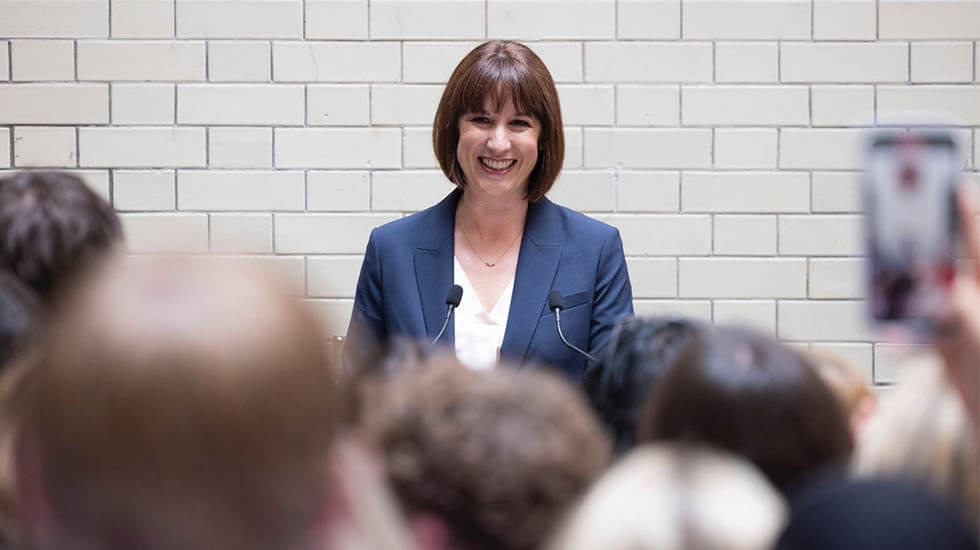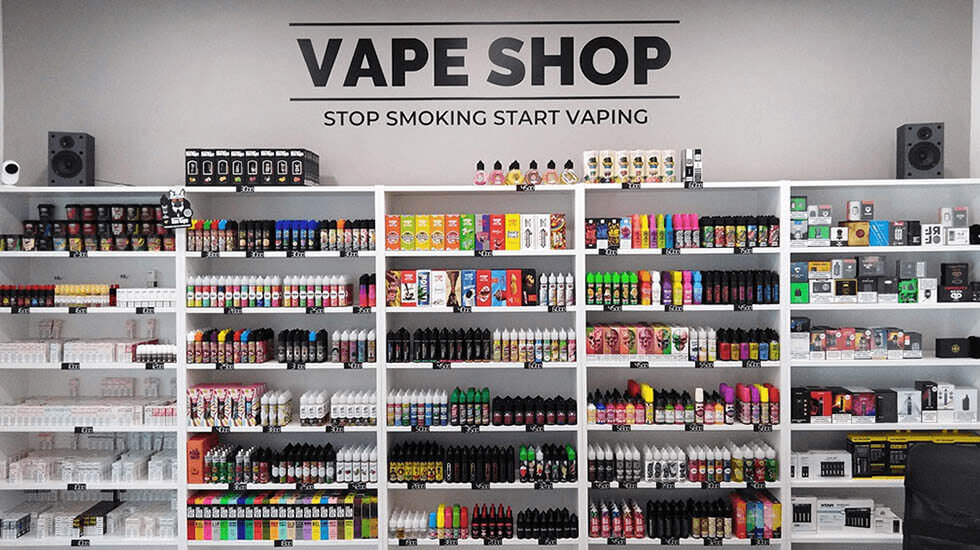According to BBC on October 31, the UK government announced a new tax on e-liquids as part of its latest budget plan. Starting in October 2026, a £2.20 tax will be levied per 10ml of e-liquid in the UK, to discourage the use of vapes among young people and non-smokers. This new UK e-cigarette tax also aims to generate additional funds for essential public services, including the National Health Service (NHS).
Stricter Vape Regulation: Balancing Taxation and Smoking Cessation
Chancellor Rachel Reeves noted in her budget report that the tax increase for both e-cigarettes and traditional tobacco is intended to maintain the economic incentive to switch from smoking to vaping. The UK government sees this vape regulation as part of a broader strategy to tighten controls over the e-cigarette market, safeguarding youth and reducing the likelihood of nicotine dependency among minors.

Vaping as a Smoking Cessation Tool: Industry and Public Health Diverge
The UK Vaping Industry Association (UKVIA) has voiced strong opposition to this new tax policy, viewing it as an unfair burden on adults who rely on vaping to quit smoking. UKVIA Director General John Dunn criticized the tax as an "absurd move" that penalizes approximately 3 million UK adults who have successfully quit smoking through vaping. Dunn highlighted that the new policy could deter current vapers from continuing their quit-smoking journey and potentially push some back towards traditional cigarettes. He noted that this vaping cessation policy has been shown to save the NHS millions of pounds in treating smoking-related diseases.
Labour’s Tobacco Policy: Moving Towards a “Smoke-Free Generation”
The Labour government is not only imposing new taxes on e-cigarettes but is also strengthening tobacco controls with its so-called "smoke-free generation" policy. Ministers have pledged to follow through with the former Conservative government's proposal to ban the sale of cigarettes to individuals born in or after 2009. This Labour tobacco policy aims to eliminate smoking habits over the coming decades, safeguarding future generations’ health. While some support this initiative as a way to reduce tobacco-related illnesses, others criticize it as overly aggressive.
E-Liquid Tax Increase: Balancing Public Health and Revenue
The government had considered implementing a tiered tax rate based on nicotine content in e-liquids but ultimately opted for a uniform rate. Supporters argue that a unified tax rate simplifies regulation, while critics claim that this e-liquid tax increase disregards vaping's role as a cessation tool and could lead some vapers back to smoking.
In summary, the recent changes in the UK e-cigarette tax and Labour tobacco policy indicate a shift towards stricter regulatory oversight for both the vaping and tobacco industries. These adjustments may reshape the vaping market and consumer habits in the UK. The policy has sparked a broader public debate on whether the government should strike a balance between revenue generation and public health goals.

Amidst these regulatory changes, SP2S remains committed to providing safe, enjoyable, and high-quality vaping experiences that align with evolving industry standards and consumer needs.



Leave A Comment
Your email address will not be published.